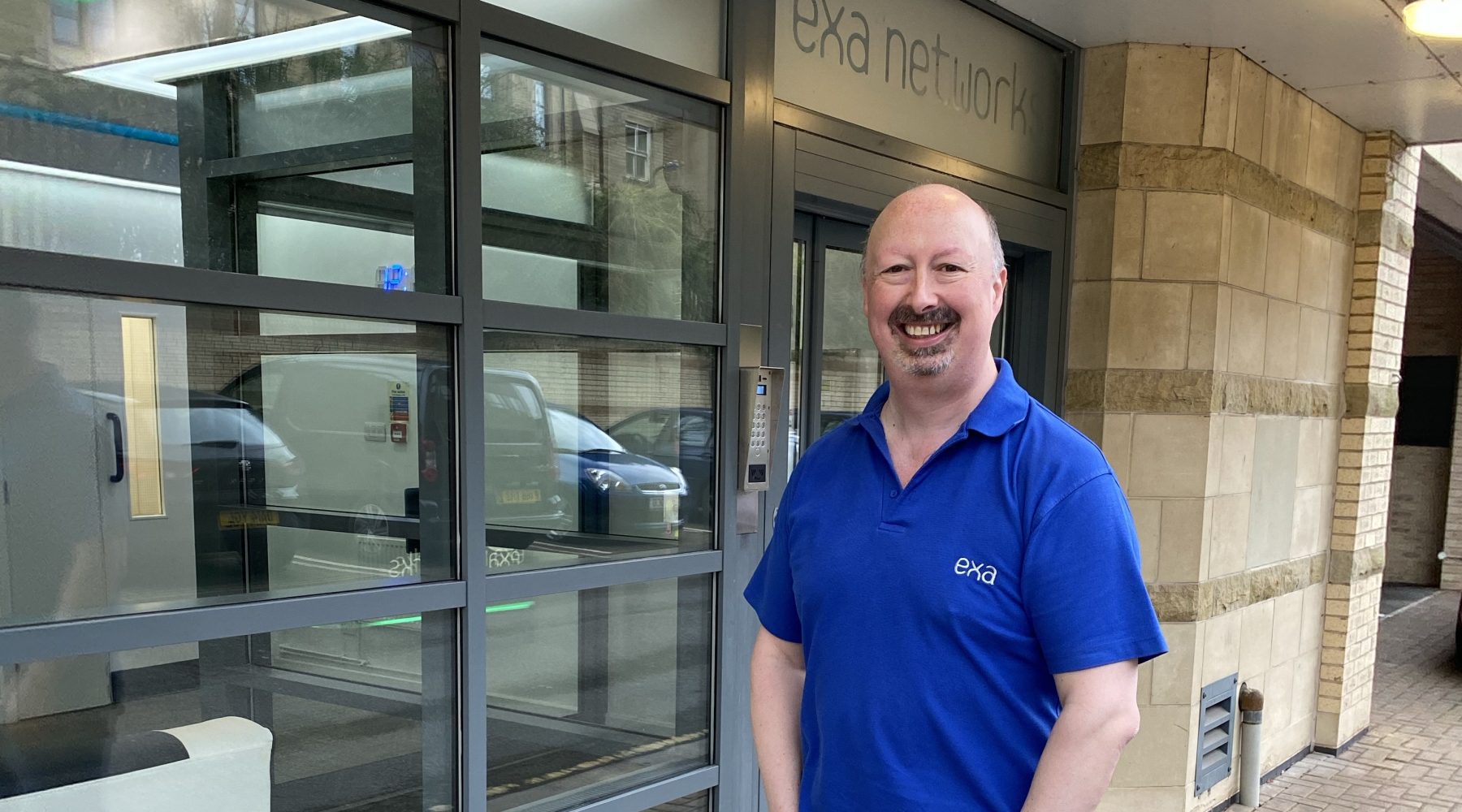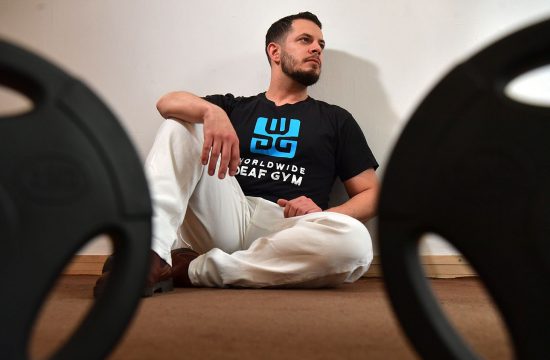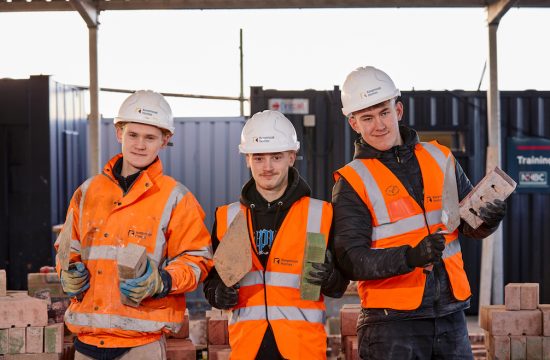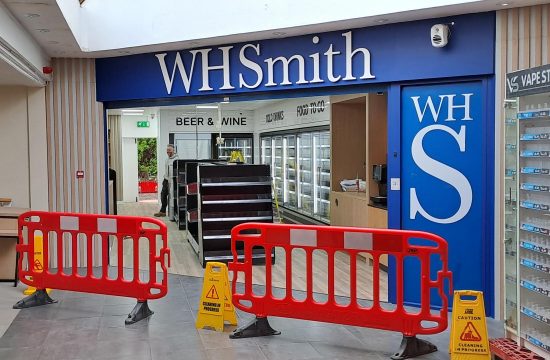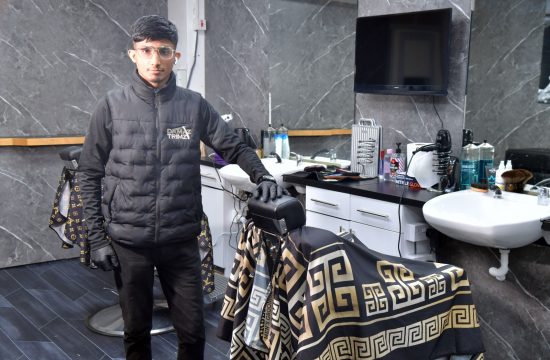AS the coronavirus pandemic continues we are relying more than ever on technology to keep us connected.
University lectures and schools are utilising online teaching and as we continue to stay at home more people are turning to streaming services for entertainment or making video calls to stay in touch with friends and family.
But as we come to terms with ‘the new normal’ can our already overloaded networks cope with the demand?
Internet entrepreneur Mark Cowgill, co-founder of Bradford- based Exa Networks, says businesses need to take action.
“The coronavirus is having a huge impact on every aspect of our lives including the way we work and socialise.
Exa Networks, which Mark set up 17 years ago with his business partners, Thomas Mangin and Michael Syree, supplies internet to thousands of schools and businesses around the country.
He has also been forced to have over 90 percent of his workforce now work from home.
He said the Internet industry had so far witnessed a 45 per cent increase in internet use and this would rise considerably if the country went into full lockdown.
“We can’t go to the cinema so companies are introducing streaming at home where you can pay to watch the movie for 48 hours which works out roughly the same price as going out to watch it there. However, with the average residential connection only being around 25 mbps, this is the equivalent of stream on 4K film online.
“More people are downloading games rather than going into shops to buy them and playing on their Xbox or Playstation and this increases demand on the networks as these game files can be huge and on slower connections saturate them for days whilst they download 100GB plus games.
“Residential users should be fine, as lower streaming quality or slower downloads will just be annoying, but there could be a real issue for businesses.”
Many companies have sent their workforce home and people need fast, stable reliable broadband so they can connect to cloud based services, video conferencing or getting back into the office network.
“Even sending a simple picture can use a lot of data so this is going to impact on a lot of companies who send or receive big files.”
He said traditionally residential internet use peaked in the early evenings.
“Someone might be streaming a film, they watch it, go off and do other things. Or they log on and send emails then log off. In this way the demand for the internet ebbs and flows and balances out. But what we are going to see now is constant demand and smaller providers simply won’t be able to cope.”
His team has worked around the clock to come up with a cost-effective solution which he calls the Office in a Box- a package to help businesses weather the coronavirus storm and ensure that their internet is able to cope with demand. The service provides a business grade internet connection and an internet-based telephone system for business or schoolteachers having to work remotely.
“We do not provide internet connectivity to residential properties, normally, but these are not normal times. We have done this not to make a profit, it is provided virtually at cost, because we are all in this together and as a Bradford lad, born and bred, we wanted to do our bit to help our customers and the community.
“Technology is the one thing keeping us connected together at this time of increased social isolation and we have to make sure that it is as strong as possible.”



